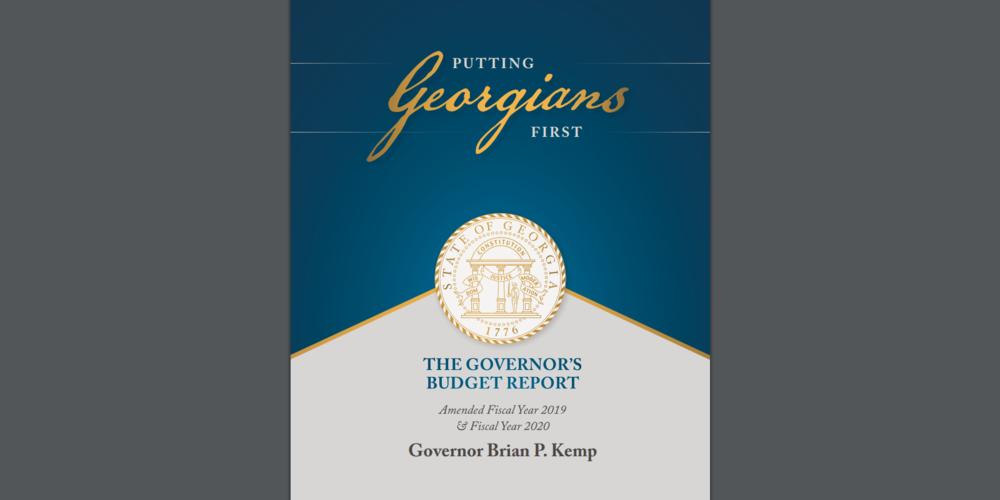Section Branding
Header Content
Lawmakers Wrap Up Hearings On Record State Budget
Primary Content
Everyone has a budget, including the state government.
Over the course of three days and hours upon hours of hearings, the state house and senate appropriations committees heard from Gov. Brian Kemp and state agencies about the record $27.5 billion budget proposal which starts July 1.
The state’s fiscal economist, Kenneth Heaghney, set the stage Tuesday, saying last year’s revenue was higher than they estimated.
“And that means two things: one, it’s easier to meet the 2019 budget that was passed, and just as importantly we were able to add funds again to the RSR, the revenue shortfall reserve,” Heaghney said.
That reserve is also known as the “rainy day fund” and sits at more than $2.5 billion.
Everyone from the Department of Corrections to the state school superintendent presented to lawmakers about their piece of the appropriations request, like new Secretary of State Brad Raffensperger.
“Part of the governor’s budget also allocates $150 million for new voting systems,” he said. “This is a valuable investment that is going to help move our voting systems forward towards more secure, accessible and fair elections.”
New touchscreen voting machines with a paper trail will eat up about two-thirds of that money, and the rest would go towards training and voter education.
The budget proposal is an increase of about $1.5 billion from last fiscal year, and while every department requested some sort of change, the most money and attention was given to Governor Kemp’s education proposals.
“We need a solid K-12 education system that prepares our students to pursue higher education opportunities in our universities, in our technical college systems and to be able to gain the skills they need not only for the jobs of today but more importantly jobs of tomorrow,” Kemp told lawmakers.
That includes a massive teacher pay raise ($3,000 per certified teacher) that costs nearly half a billion dollars, a $69 million one-time school safety grant and mental health counselors for high schools.
Now the budget is in lawmakers’ hands.


